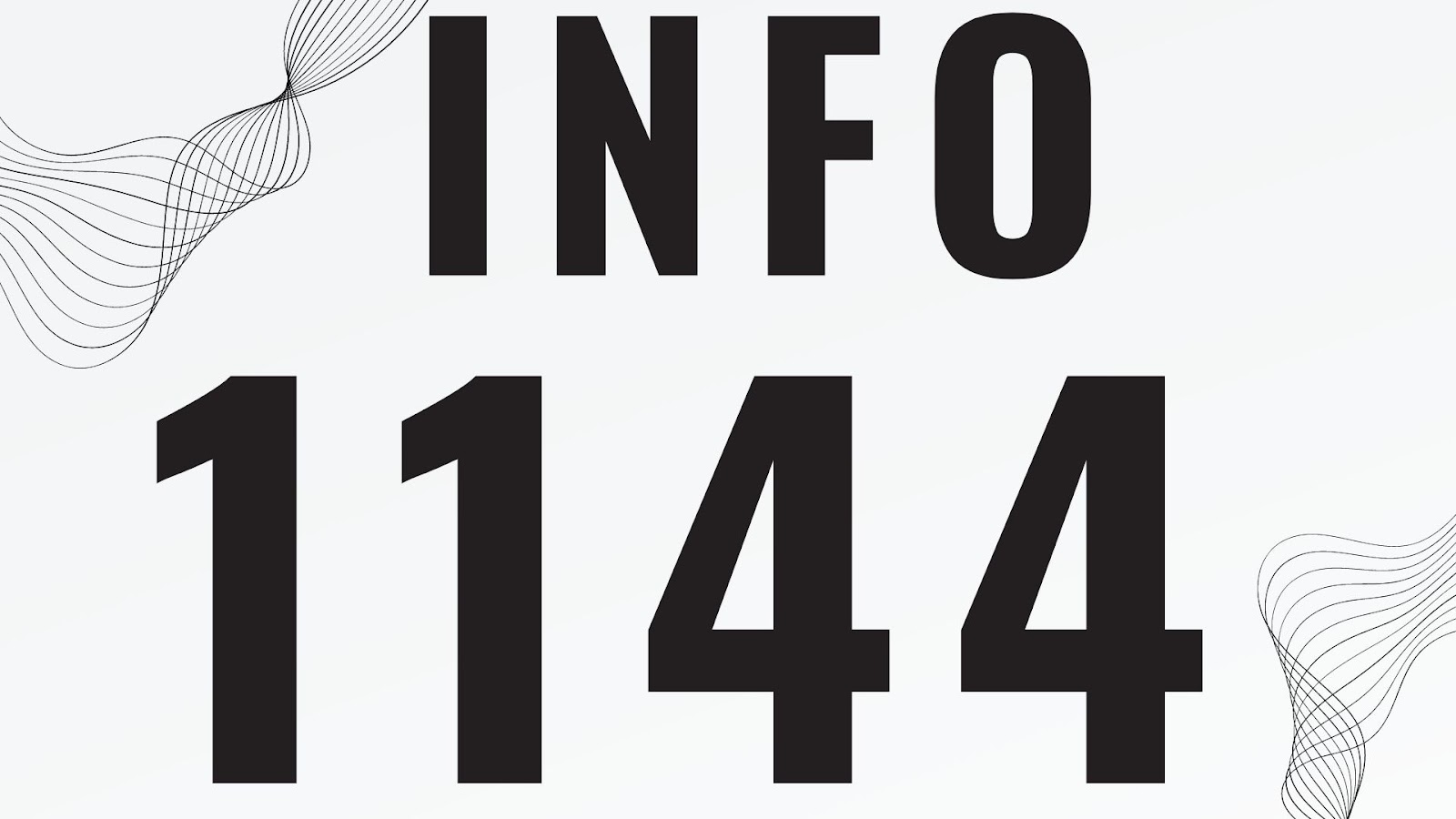The Perseid meteor shower, often hailed as one of the year's most spectacular celestial events, is set to peak between August 11th and 13th. However, you don't have to wait until then to catch a glimpse—the first meteors were already visible in July and will continue throughout most of August.
Experts suggest that the best time to see the meteors is between midnight and an hour before sunrise. While you can watch the meteor shower with the naked eye, it's a good idea to check the weather forecast in your area, as cloud cover can affect visibility.
What is the Perseid Meteor Shower?
The Perseid meteor shower is visible worldwide and gets its name because the meteors seem to originate from the constellation Perseus. On most nights, you might see just a few meteors per hour, but during the peak, you could witness many more. If you're fortunate, you might even see over 100 meteors in an hour, according to scientists.
Meteors become visible when the Earth passes through trails of debris left by comets or asteroids. As this debris enters our atmosphere, it burns up, creating bright streaks of light in the sky. The Perseid meteors, pronounced 'Per-see-ids,' are caused by debris from the Swift-Tuttle comet.
Dr. Gregory Brown, Senior Public Astronomy Officer at the Royal Observatory in Greenwich, explains that the Perseids are one of the fastest meteor showers, traveling up to 37 miles per second. However, these meteors are tiny, about the size of specks of paint or grains of sand, so there’s no chance of them hitting the ground or causing any damage.
How Should I Watch the Meteor Shower?
For the best view, find the darkest location possible with an unobstructed view of the sky. The darker your surroundings, the better your chances of spotting meteors. Dr. Brown recommends filling your view with as much of the sky as possible, either by lying down or using a deck chair. Allow your eyes time to adjust to the dark, and with some patience, you should be able to catch a few meteors within an hour or so, as long as the sky is clear.
Where in the UK is Best to Watch It?
Looking ahead to the best viewing spots, BBC weather forecaster Billy Payne predicts clear skies for most of the UK on Sunday night, though cloud cover could increase in western Britain and Northern Ireland. This means the best viewing conditions will likely be in eastern England and possibly eastern Scotland.
On Monday night, clear skies are expected initially in the north and west of the UK, though cloud cover and rain could move in later. Eastern Scotland might see some lingering showers, especially in the Northern Isles, but clear spells are anticipated elsewhere.
Tuesday night should bring good clear skies in Scotland and Northern Ireland. In the south and east of England, there may be some rain and cloud cover, but there will also be clear spells in between. However, parts of northern and western England could be under cloud cover, limiting the viewing potential for many.


0 Comments
Thanks for comment.